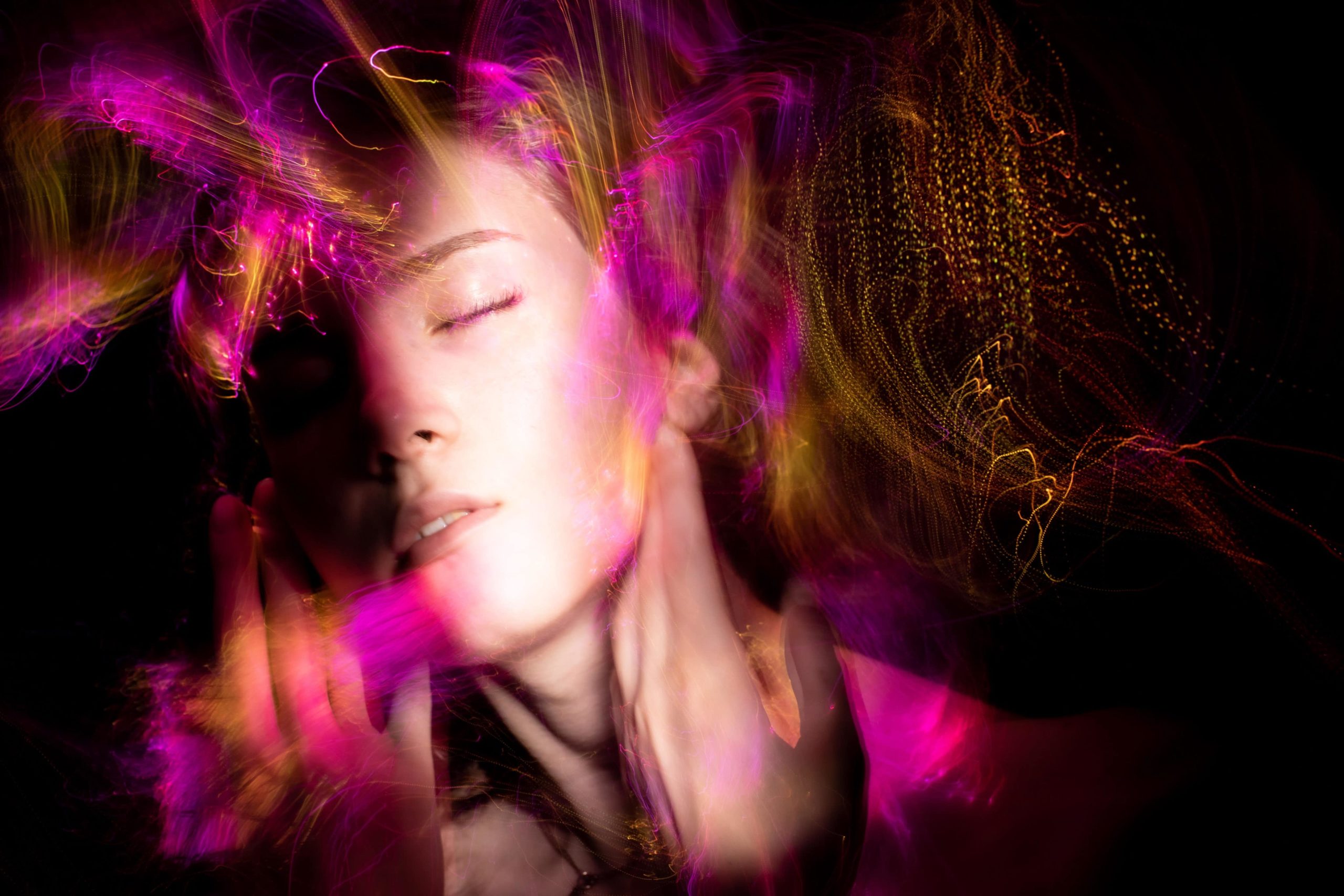
Michigan activists submit language to decriminalize psychedelics
Activists submitted language for a proposed ballot measure to legalize natural psychedelics in Michigan last week, kicking off a statewide effort that has made significant headway at the local level.
The initiative proposal was presented to state officials on Feb. 1 by the Michigan Initiative for Community Healing, a select committee made up of drug policy reform groups including Decriminalize Nature and Students for Sensible Drug Policy, as well as organizers of local psychedelics decriminalization efforts in Detroit and Ann Arbor, Michigan.
“We are delighted to have submitted our language to the State of Michigan, and we look forward to approval from the State Board of Canvassers and to petitioning,” said Myc Williams, co-director of Decriminalize Nature’s Michigan Chapter .
If passed by voters, the proposed ballot measure would decriminalize the possession, use, cultivation and transmission of entheogenic plants and fungi by adults 18 and older. The legislation would apply to “natural plants and fungi” and their active compounds, including psilocybin, psilocyn, mescaline, ibogaine, peyote and dimethyltryptamine. Religious organizations and groups designated by government-approved hospitals should be allowed to grow and sell entheogenic plants and mushrooms.
“It’s real decriminalization,” Williams said. “Anyone over the age of 18 may grow, own, use, cultivate, share, etc.”
The proposal includes comprehensive drug reform provisions for Michigan
The proposed voting measure also includes broader provisions to reform drug policy, including relaxing criminal penalties for simple possession of any Schedule I and Schedule II substance. Possession of 1,000 grams or more of a drug would be a felony with a maximum possible life sentence reduced to a misdemeanor punishable by up to a year in prison and a $1,000 fine. Penalties would be progressively reduced for possession cases involving smaller amounts of controlled substances.
The initiative would also remove testing devices and accessories from the state’s legal definition of drug paraphernalia. Organizers said the provision would help protect people from harmful additives like fentanyl.
“People who choose to use drugs can be charged with another crime to test their substance … to actually know what they’re taking,” Williams said.
“At a time of severe fentanyl overdoses, it’s really important for people who use drugs to know what they’re using, regardless of its legality from a public safety perspective,” Williams said. “The state supports harm reduction in the distribution of narcan and fentanyl strips, which are technically illegal. There is a contradiction that we are currently clearing up.”
Local decriminalization efforts see success
Psychedelics reform efforts in Michigan have already made significant progress at the local level. In last November’s election, Detroit voters passed a measure to decriminalize psychedelics with the support of 61 percent of voters. Ann Arbor passed a similar measure in 2020, and at least a dozen other communities have passed or are in the process of passing proposals to decriminalize psychedelics.
The effort was also supported by some law enforcement officials, including Washtenaw County Attorney Eli Savit, who made Ann Arbor’s psychedelics decriminalization measure statewide policy. He noted that “the vast majority of people who use drugs can do so without criminal penalties.”
“But for an unfortunate few, their decision to use substances results in harsh, life-changing punishments. The war on drugs has thus created a kind of cruel roulette wheel,” Savit wrote in a message of support posted on the Decriminalize Nature Michigan website. “And it’s a weighted wheel, because the data clearly shows that black people and people of color are far more likely to face criminal consequences related to drug use than white people.”
In order for the Psychedelics Decriminalization Initiative to become state law, the summary of the election proposal must be approved by the Michigan Board of State Promoters. Organizers would then need to collect about 340,000 signatures from registered voters for the measure to qualify to vote.

Post a comment: